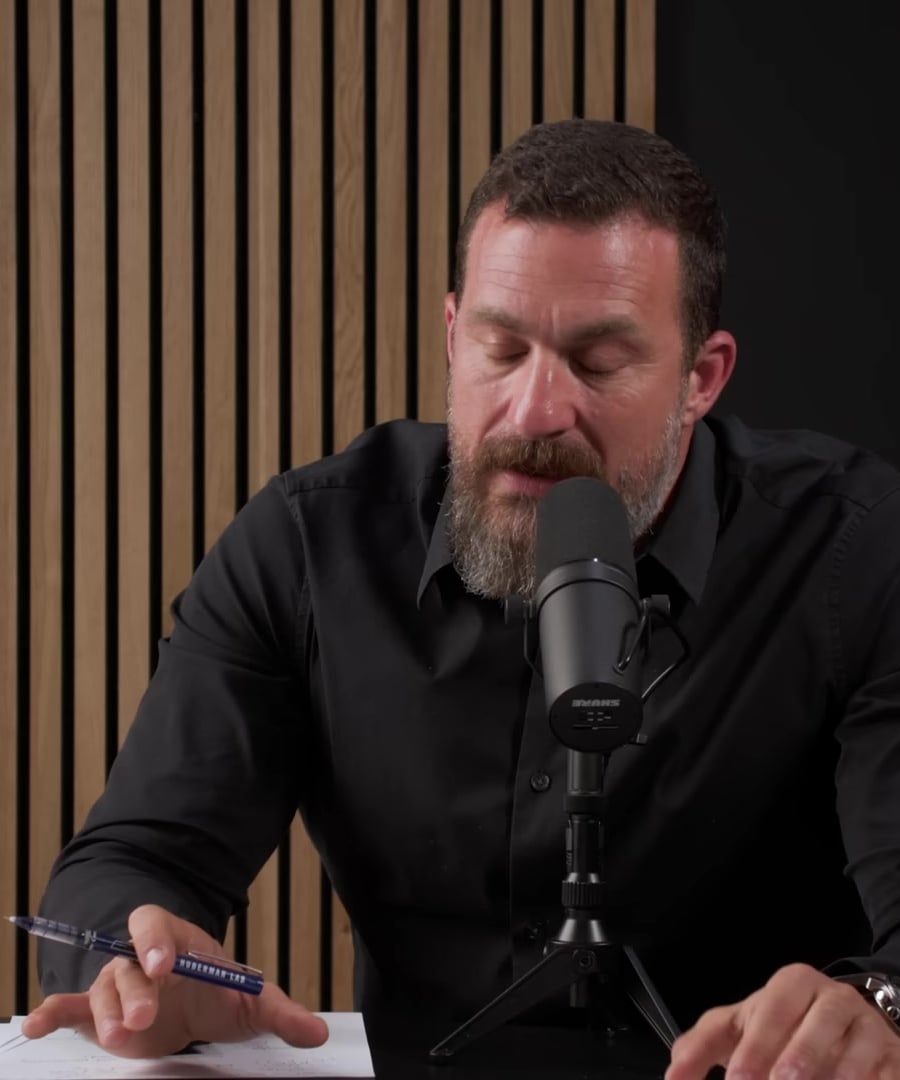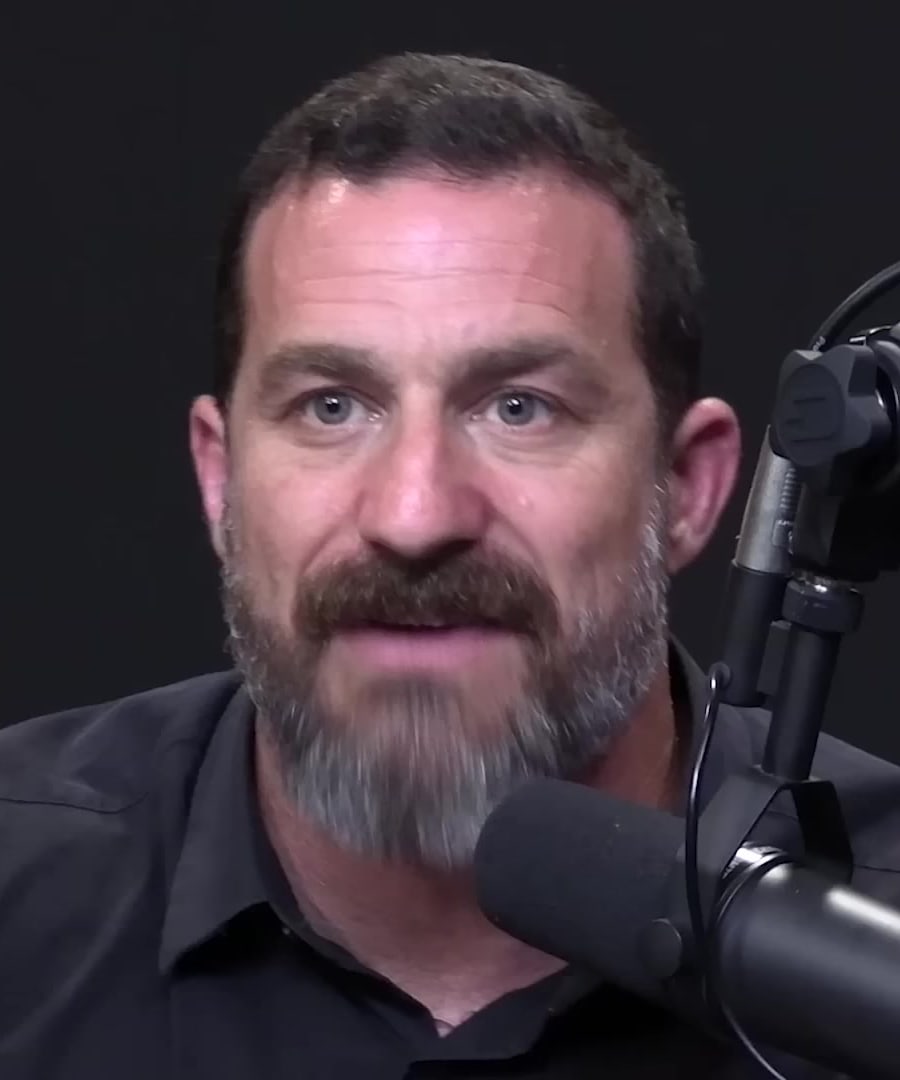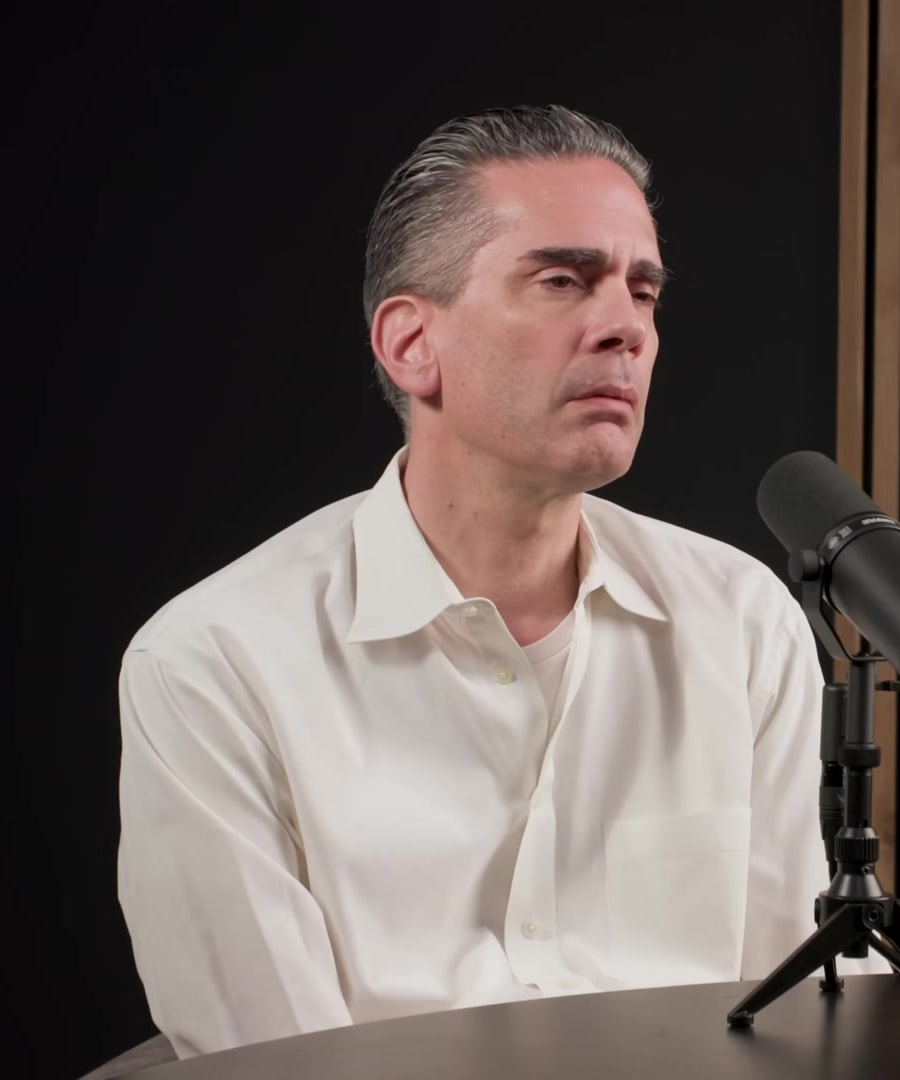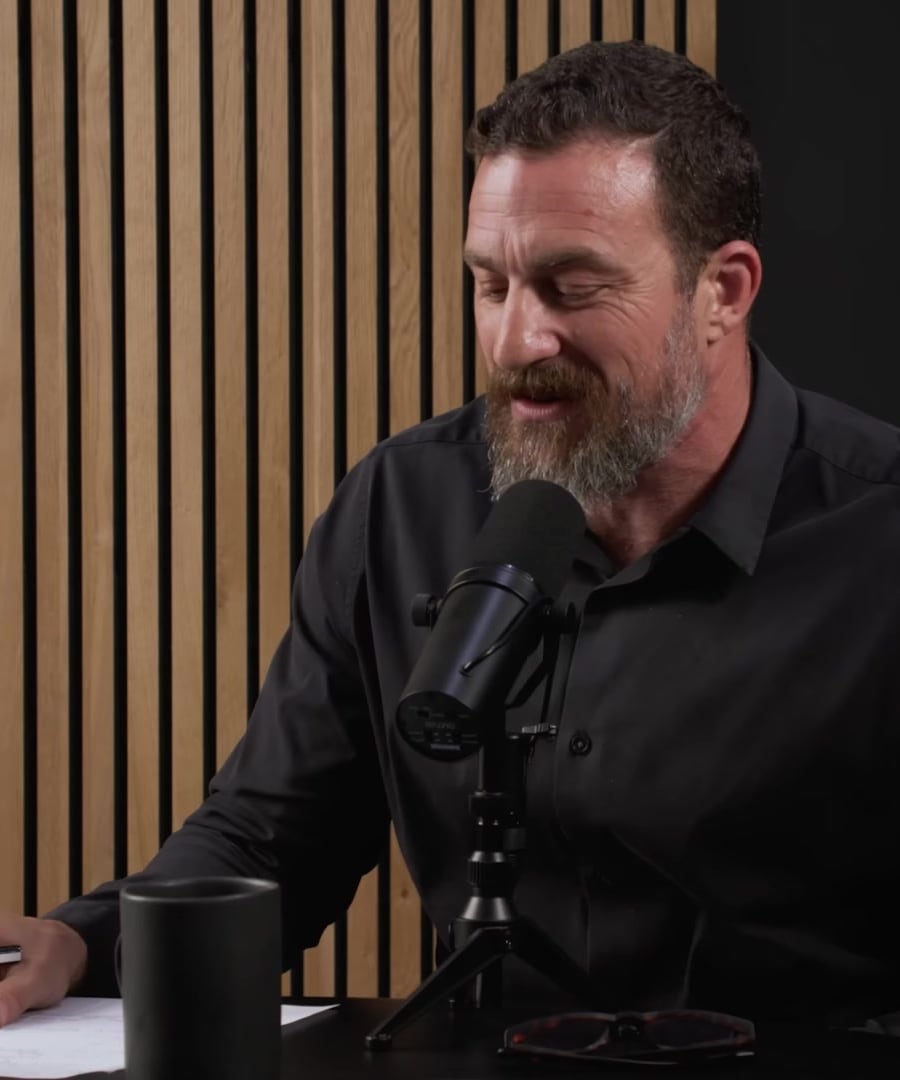Anxiety
Sources:
Anxiety is often discussed on the , covering various aspects of its impact and management strategies:
-
Role in Communication: Anxiety can hinder our ability to express needs and respond to others, impacting personal and professional relationships. It's important to recognize and regulate anxiety for healthier interactions 1.
-
Energy and Readiness: Anxiety is sometimes reframed as energy or readiness. It can mobilize action rather than just being a flight response. This perspective suggests anxiety can be a driving force rather than purely negative 2.
-
Music as Therapy: Music can significantly reduce anxiety. Listening to specific tracks like "Weightless" by Marconi Union has been shown to lower anxiety levels by up to 65% in studies—comparable to certain medications 3.
-
Sources of Anxiety: Dr. Paul Conti discusses how anxiety can originate from insecurities or environmental pressures. Exploring its roots through introspection can foster meaningful change 4.
-
Sleep and Anxiety: Sleep quality and patterns significantly affect anxiety levels. Irregular sleep can heighten anxiety, even if the overall sleep quantity is sufficient, as discussed by 5.
-
Behavioral Interventions: Techniques like the Physiological Sigh—a breathing method involving two inhales and one extended exhale—are highlighted as effective real-time anxiety reducers 3.
Understanding anxiety from various angles, considering both psychological insights and practical interventions, can be essential in managing it effectively.
RELATED QUESTIONS-
Anxiety
- RELATED QUESTIONS




